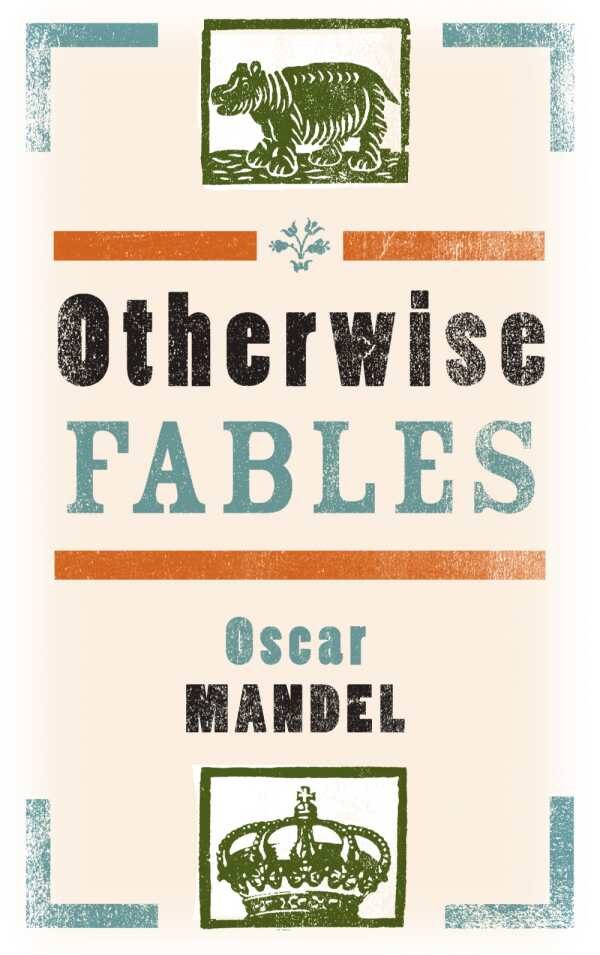Otherwise Fables
Cynical stories put a fresh twist on the Aesop fable tradition.
The enjoyable Otherwise Fables collects three works by Oscar Mandel. It combines forty-six short fables collectively named “The Gobble-Up Stories,” along with two novellas, “Chi Po and the Sorcerer” and “The History of Sigismund: Prince of Poland.” Mandel’s fiction does a nice job of blending a classic storytelling voice with a slyly modern sensibility, producing stories that work as fables while still having a little fun with the genre’s conventions.
Mandel uses the format of Aesop’s fables and does an uncanny job of capturing the tone and cadence of those stories. In some cases, he updates specific ones like “The Fox and the Crow” or borrows tropes like the lion serving as king and addressing the queries of lesser animal subjects.
Many of Aesop’s stories have a cynicism to them that Mandel also captures. For example, his fable “A Conversation Between a Bulldozer and a Mouse” concerns a bulldozer convincing a mouse to understand that the demolition of his home will be good for him because mice will be able to live off the tenants’ food in the new building.
The novellas, just by their length and single subjects, lack the fast wit that makes “The Gobble-Up Stories” so strong, but both are still highly enjoyable pieces. “Chi Po and the Sorcerer” tells the tale of a young painter who seeks out the legendary local sorcerer, Bu Fu. In the tall tales of other villagers, Bu Fu can do anything from making travelers disappear to controlling the weather, and Chi Po finds a very different reality in his own interactions with Bu Fu. Originally written as a play, “Sigismund, Prince of Poland” tells of a boy whose birth is declared a threat to his father’s kingdom, and he grows up in exile before returning. While the setup might seem familiar, Mandel’s prose makes sure that the fate of all the players is driven by their own choices and reactions, resulting in a story that stays true to its central prophecy, but in a creative and unexpected way. Taken together, the three works in Otherwise Fables show a writer with an ear for storytelling and a willingness to keep an older style fresh.
Reviewed by
Jeff Fleischer
Disclosure: This article is not an endorsement, but a review. The publisher of this book provided free copies of the book to have their book reviewed by a professional reviewer. No fee was paid by the publisher for this review. Foreword Reviews only recommends books that we love. Foreword Magazine, Inc. is disclosing this in accordance with the Federal Trade Commission’s 16 CFR, Part 255.

